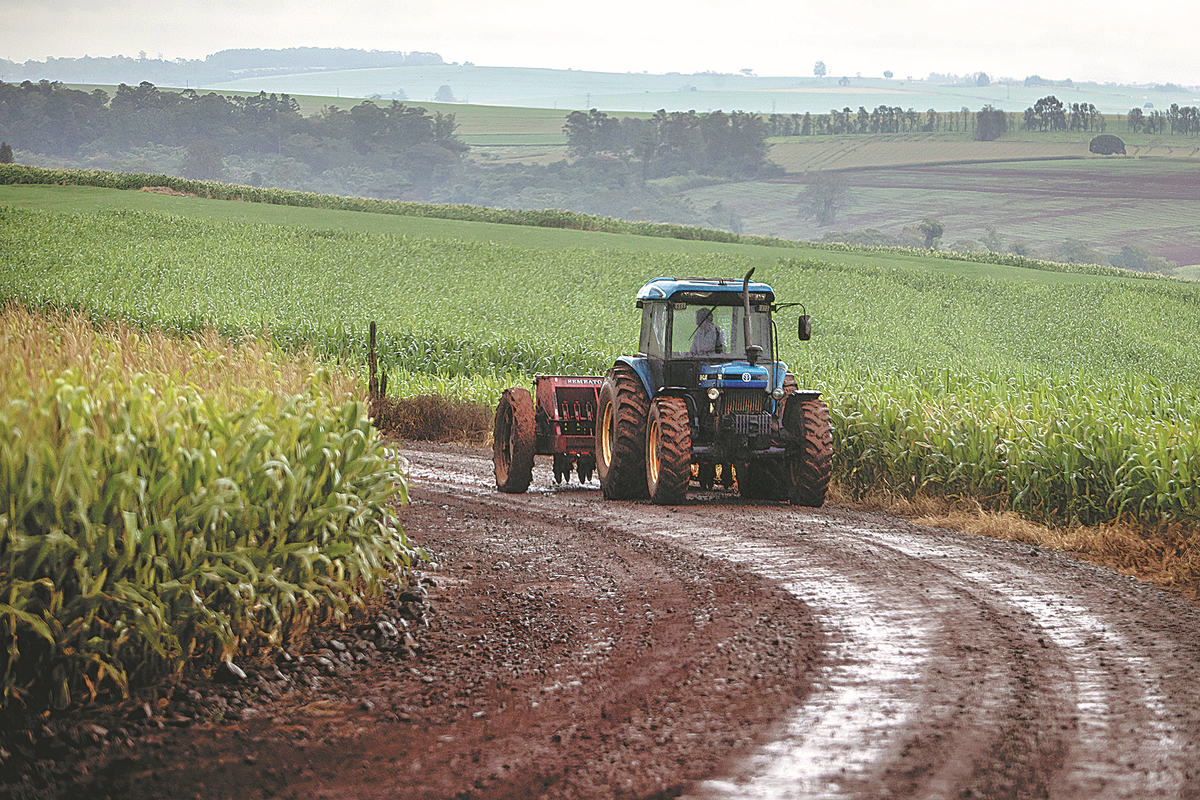Launch of corn export corridor significant


A cargo ship from Brazil docked at the port of Mayong in Guangdong province on Monday, carrying 68,000 metric tons of Brazilian corn imported by China Oil and Foodstuffs Corporation. The corn will be quickly delivered to domestic feed companies after completing inspection and quarantine.
According to COFCO, this is the first time China has imported Brazilian corn in bulk, and it marks the opening of a corn export corridor from Brazil to China. And that will help China form a diversified corn circulation pattern in which North America, South America and the Black Sea region complement each other, so that it can better balance seasonal and regional fluctuations and hedge against risks at a time China's relations with the US, normally a big corn exporter to China, are becoming increasingly uncertain.
China has mainly imported corn from the US and Ukraine in past years, but those import channels have become fragile due to the fraught relations between China and the US, and the outbreak of the conflict between Russia and Ukraine.
For Brazil, keeping a balance between China and the US will naturally raise its profile on the world stage as a major country that can maintain its strategic independence, and therefore make its own contribution to world stability and common development.
Opening up the export channel for Brazilian corn to China will have a positive and far-reaching influence on strengthening China-Brazil agricultural cooperation and help maintain the security and stability of the global agricultural supply chain as well.
Brazil, the world's third-largest corn producer and the world's second-largest corn exporter, exports more than 40 million tons of corn a year, about one-fourth of the global total.
As the US consistently steps up its attempts to contain China's rise, it is becoming imperative that China must always think of the worst-case scenario when it comes to food security — for instance what if several major sources of food cease trading with it at the same time for an infinite period of time.
It should not be forgotten that the world's most populous country still relies heavily on imports of soybeans for edible oil and corn for husbandry feed.
Therefore, starting to import the latter from Brazil marks a good beginning for it to further diversify its food import sources. Putting its eggs in more baskets is conducive to China managing and controlling potential food security risks in case of an emergency.
China needs to actively participate in international agricultural cooperation and further optimize the structure of its food trade. In the process, State-owned enterprises in relevant fields should establish stable food corridors between major agricultural and grain producing areas in the world.
This will be win-win cooperation for its trade partners as well.


































